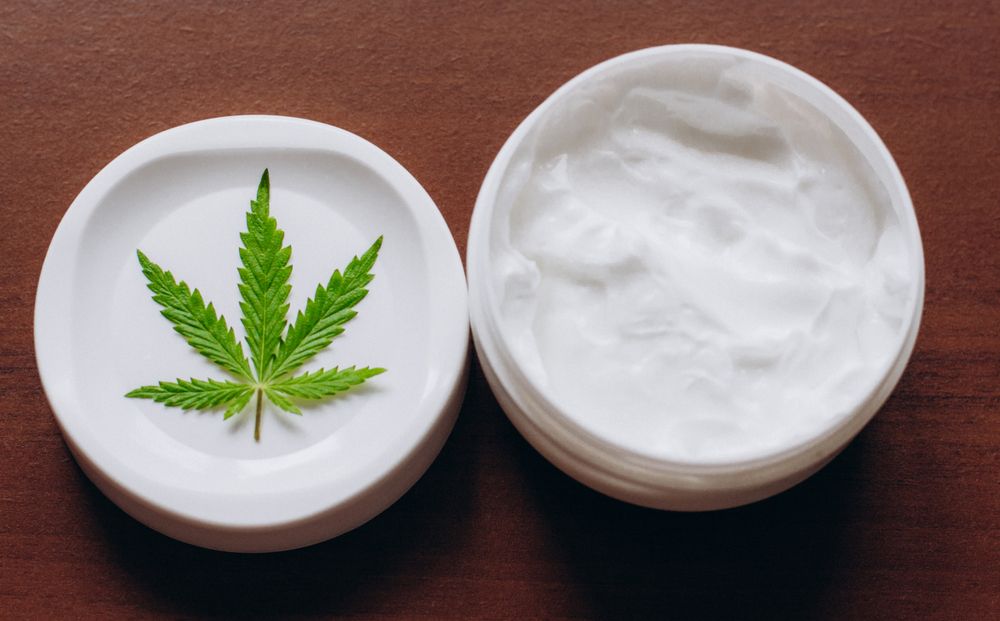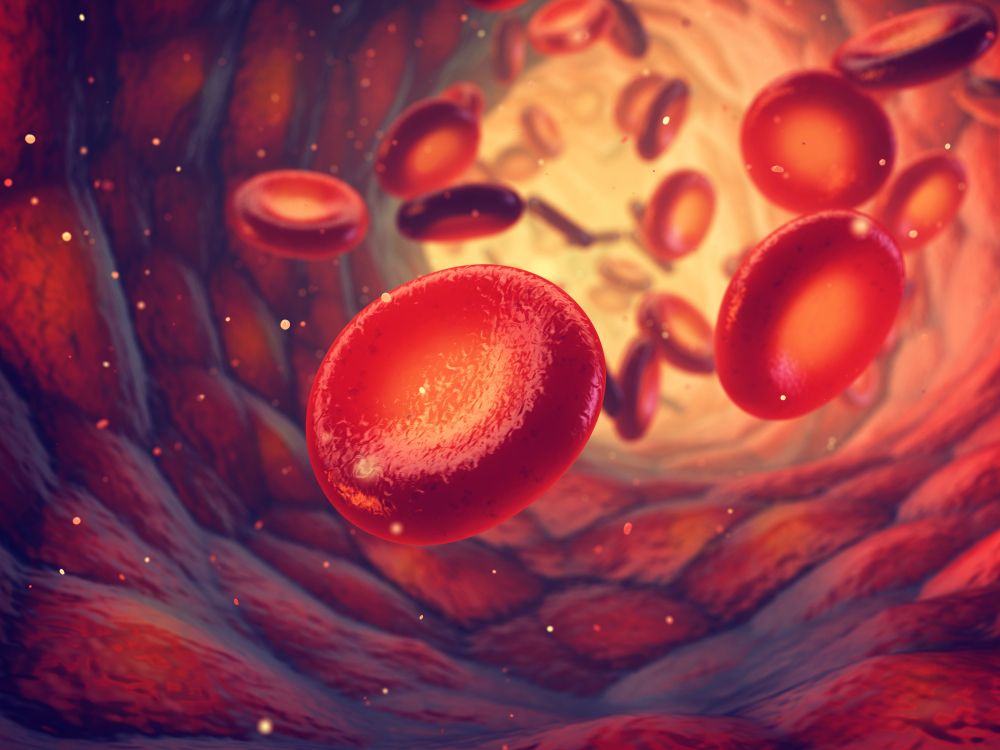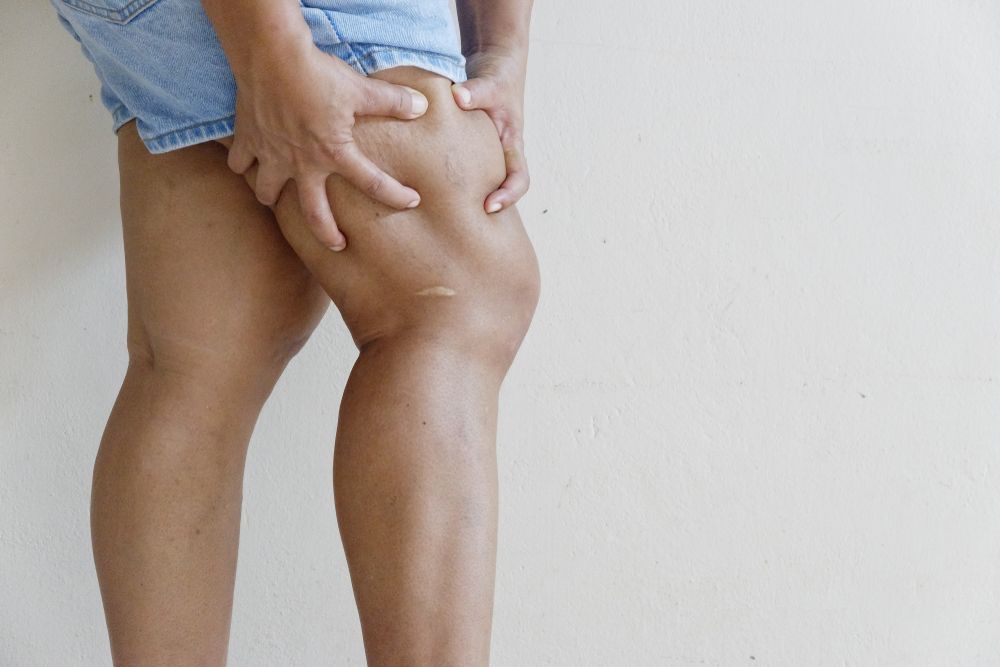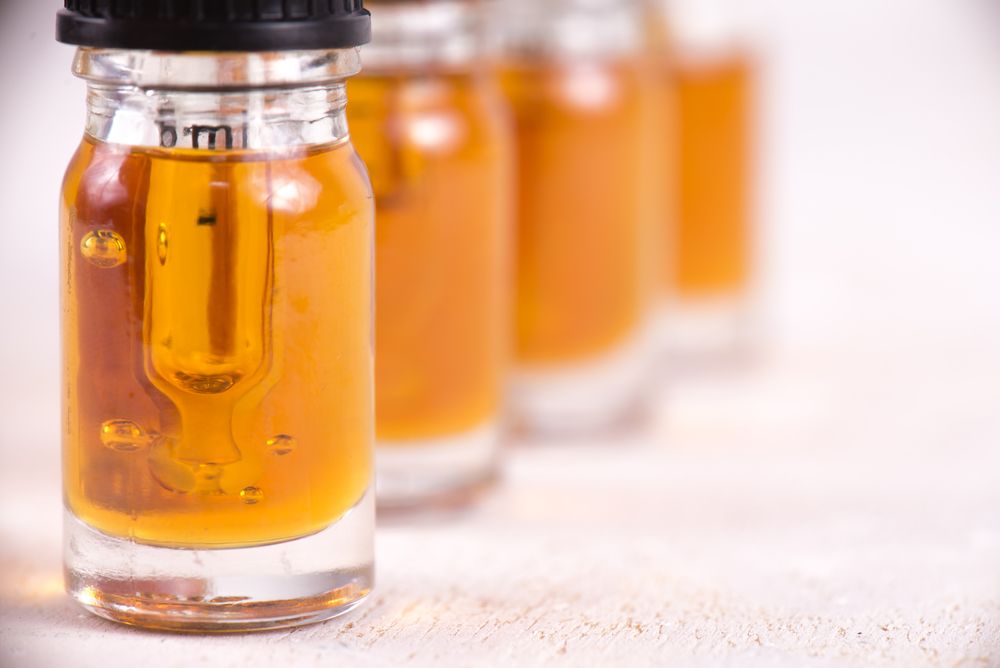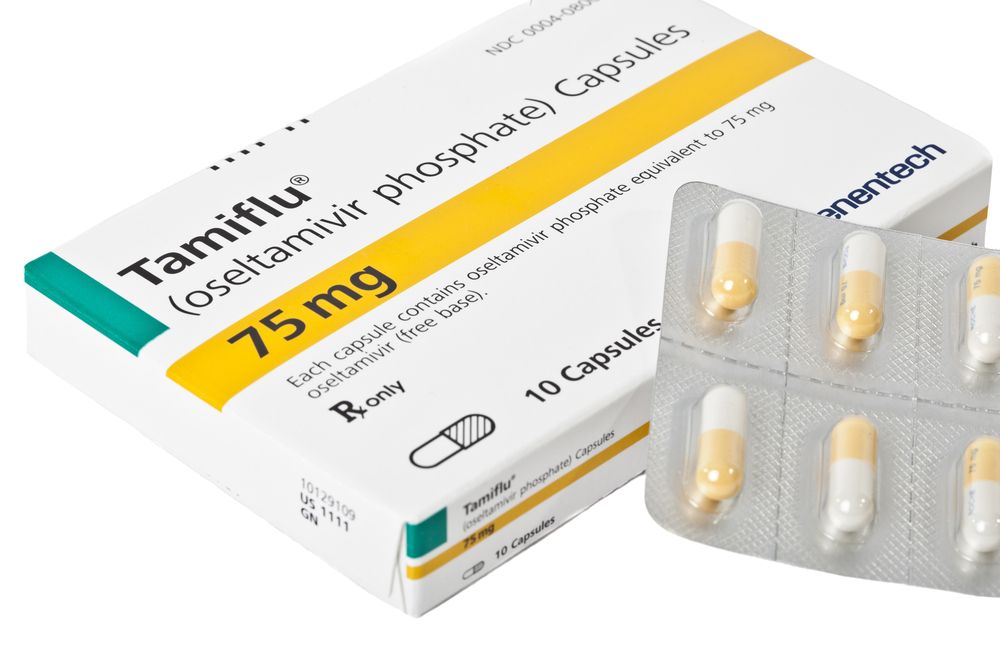CBD is a product extracted from the marijuana plant. (Learn More – CBD)
While many states have legalized the use of medical marijuana products, the federal government has not recognized the medical benefits of CBD. (Learn More – Legal Status of CBD)
CBD is believed to have numerous medicinal properties, (Learn More – Medicinal Properties of CBD) and it may be an effective pain reliever. (Learn More – CBD May Be a Pain Reliever)
At the time of this writing, the research on CBD as a pain reliever is incomplete and inconclusive. (Learn More –Results of Available Studies)
Currently, clinical trials with human participants are needed to determine the benefits of CBD creams. (Learn More – Clinical Trials Are Needed)
The mechanism of action associated with CBD is not well-known. (Learn More – How Might CBD Work?)
There is quite a bit of information that needs to be uncovered before CBD creams can be considered effective treatments for any type of pain. (Learn More – What Do We Need to Know?)
The evidence suggests that CBD may have more than a placebo effect. Due to a lack of conclusive evidence, however, CBD creams are generally not recommended as a primary treatment for pain. (Learn More – Are CBD Creams Just Expensive Placebos?)
CBD
CBD (cannabidiol) is one of the most studied cannabis plant derivatives. Delta-9- tetrahydrocannabinol, or THC, is also extracted from the plant. It is the ingredient in cannabis that produces the psychoactive effects (the high) people seek.
THC and CBD are only two of the many (over 100) different substances that are found in cannabis.
Legal Status of CBD
While many states have legalized marijuana products for medicinal use and even recreational use, the federal government still considers marijuana to be an illicit substance. The Drug Enforcement Administration (DEA) categorizes all marijuana products as illegal to possess (Schedule I), deeming that they do not have any medical value and are potentially dangerous drugs to abuse.
Medicinal Properties of CBD
Despite the stance taken by the DEA, CBD and THC have been shown to have some medicinal uses.
One medication derived from CBD called Epidiolex does have FDA approval for the treatment of seizures associated with very rare forms of epilepsy. There are also a number of other medications that include THC and CBD that are also approved for the treatment of pain due to chemotherapy, as well as appetite and weight loss due to chemotherapy and HIV.
CBD May Be a Pain Reliever
CBD may be able to limit inflammation in the brain and in other areas of the nervous system, which may have  benefits for pain relief. It may also be able to address insomnia, which may also relieve pain.
benefits for pain relief. It may also be able to address insomnia, which may also relieve pain.
The most common use for CBD products is to manage chronic pain, joint pain, and arthritis pain.
However, research on CBD’s ability to manage pain and inflammation is not extensive. The National Academies of Sciences, Medicine, and Engineering reviewed the research investigating the treatment of CBD for chronic pain. They concluded that its use may lead to a clinically significant reduction in pain, but many of the studies used products that contained both THC and CBD.
Results of Available Studies
Research investigating the use of CBD creams, or rubbing CBD oil where body pain is being experienced, has not been encouraging.
One of the most frequently-cited studies by proponents of using CBD as a pain treatment was published in 2015. The meta-analytic study reviewed 79 previous studies where cannabinoids were used to treat many different medical conditions, including chronic pain. Of the 79 studies, only four involved the use of CBD on its own, and none looked at the effects of CBD on pain. While the study is cited frequently, it provides no evidence that CBD can reduce pain.
A study in the European Journal of Pain published in 2016 is also heavily cited by proponents of CBD, but it is an animal study. The study did find that the use of CBD gel appeared to reduce inflammation and pain in rodents. There was a dose-dependent effect, such that higher doses of CBD worked, and lower doses did not work.
Many studies regarding the effects of CBD on pain are performed on animals. For instance, a study published in 2017 found that rodents with arthritis appeared to improve when CBD was injected into the knee joint. But animal research does not always apply to humans.
There are currently clinical trials being conducted using CBD transdermal gels, which are designed to treat pain by entering the bloodstream through the skin. In one published clinical trial, the CBD gel was no more effective than a placebo.
Clinical Trials Are Needed
There is currently insufficient research to suggest that the use of CBD as a topical treatment is effective for reducing pain.
There is evidence to suggest that oral CBD products may reduce inflammation and pain in some people, and that injecting CBD into animals’ arthritic joints might be helpful. There are currently very few clinical trials with human participants that could be used to recommend CBD creams as an effective approach to treat arthritis pain, joint pain, or chronic pain.
How Might CBD Work?
CBD is different from THC; it does not attach to the same brain receptors.
CBD does not produce the high associated with THC. CBD is therefore believed to have very little abuse potential.
It is believed to be able to inhibit your body from absorbing a compound known as anandamide, which may be important in your perception of pain and the development of inflammation. However, this is pure speculation based on some animal research. The actual mechanism of CBD is not currently well understood.
What Do We Need to Know?
The following questions need to be answered in clinical trials:
- Is topical CBD effective as a standalone treatment for pain in humans?
- If it is effective, what is CBD’s mechanism of action to treat pain?
- What is the proper dose of CBD to treat pain in humans?
- What are the side effects of topical CBD treatments, if any?
Despite endorsements from many proponents of CBD products, the answers to these questions are unknown. Research studies using clinical trials with human participants would be the only way to determine these answers.
Even reviewers from the National Academy of Sciences, Mechanics, and Engineering stated that they were unsure if CBD alone could act as a pain reliever based on the existing research, and the mechanism of action of topical CBD products was not yet identified. The evidence for the use of topical CBD to address pain is therefore lacking.
Are CBD Creams Just Expensive Placebos?
Researchers are always skeptical about anecdotal claims for all kinds of potential treatments. This healthy skepticism drives focused research studies to determine the effects of different types of treatments for various conditions.
Currently, questions remain about the effectiveness of topical CBD as a treatment for pain; however, there is reason to believe they may have some effect based on results from animal studies. Again, further studies on humans are needed.
Before using any topical CBD product to address pain, discuss the situation with your physician or a licensed healthcare professional.
References
Molecular Targets of the Phytocannabinoids-A Complex Picture. (March 2017). Progress in the Chemistry of Organic Natural Products.
Drug Scheduling. Drug Enforcement Administration.
A Cross-Sectional Study of Cannabidiol Users. (July 2018). Cannabis and Cannabinoid Research.
The Health Effects of Cannabis and Cannabinoids. (January 2017). The National Academies of Sciences, Medicine, and Engineering.
Cannabinoids for Medical Use: A Systematic Review and Meta-analysis. (June 2015). JAMA.
Transdermal Cannabidiol Reduces Inflammation and Pain-Related Behaviours in a Rat Model of Arthritis. (June 2016). European Journal of Pain.
Attenuation of Early Phase Inflammation by Cannabidiol Prevents Pain and Nerve Damage in Rat Osteoarthritis. (January 2017). Pain.
Zynerba Pharmaceuticals Announces That Results From Phase 2 STOP Trial Support Continued Development of ZYN002 in Osteoarthritis. (August 2017). Zynerba Pharmaceuticals.
Cannabinoids and Epilepsy. (October 2015). Neurotherapeutics.

